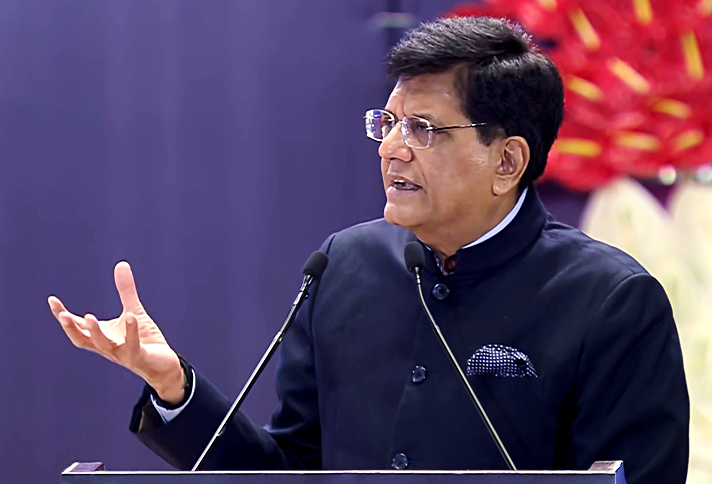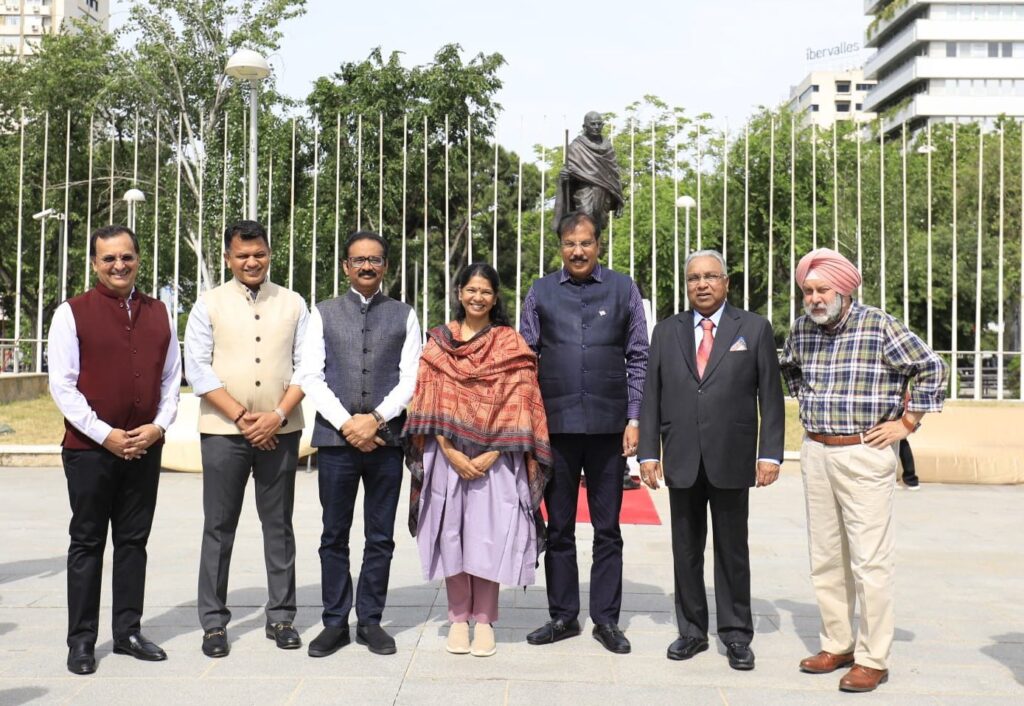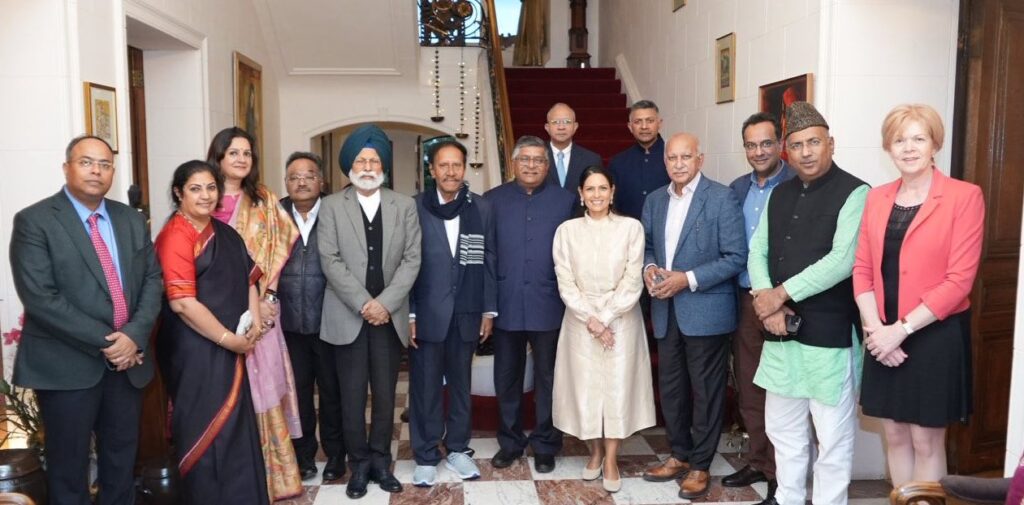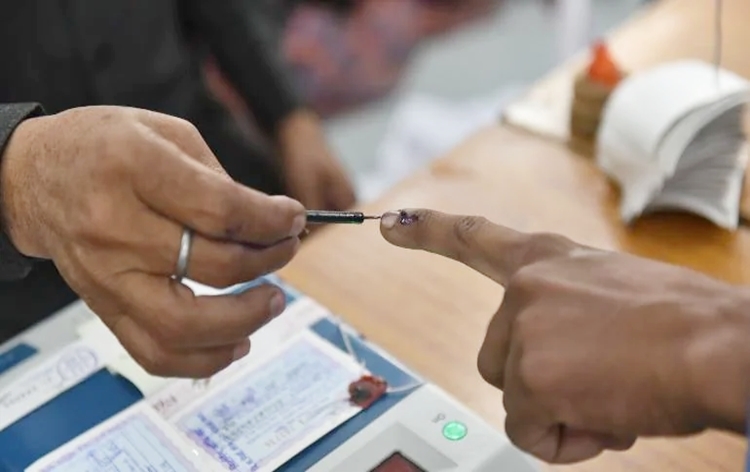Centre notifies guidelines for electric passenger vehicle manufacturing scheme
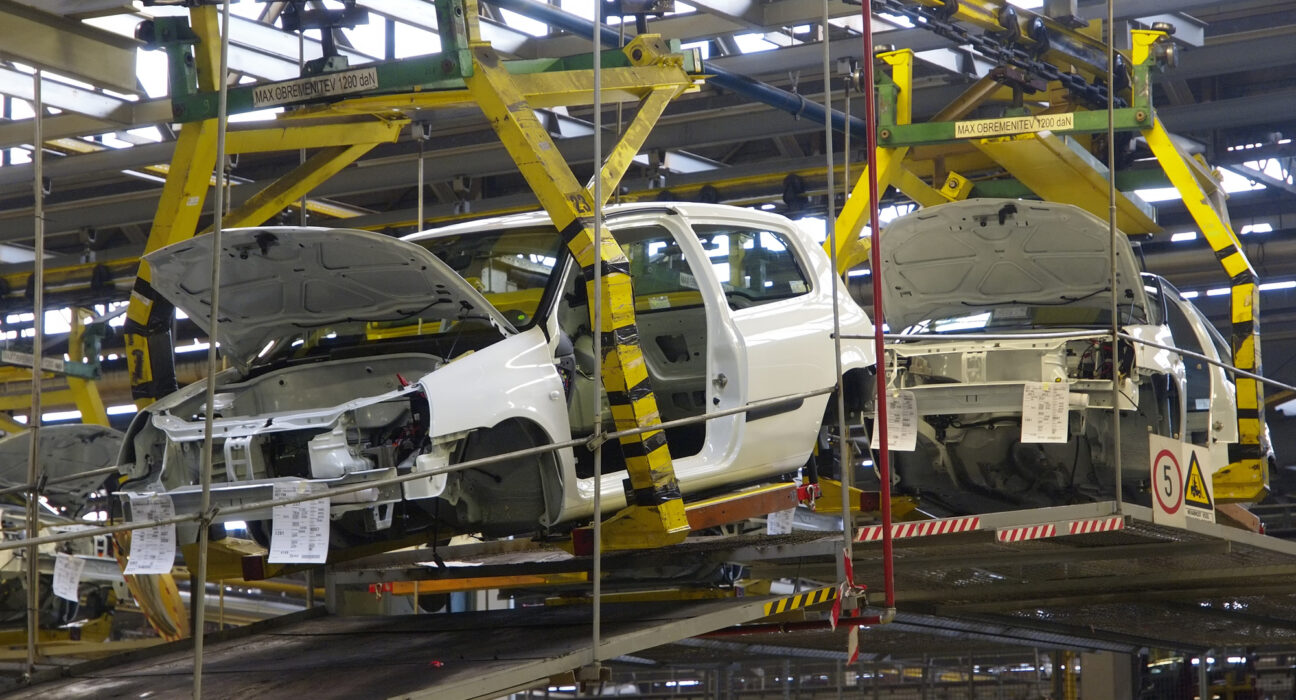
The Centre on Monday issued detailed guidelines for a new scheme aimed at promoting domestic manufacturing of electric passenger vehicles, marking a key step in its broader push for green mobility and sustainable industrial development. The “Scheme to Promote Manufacturing of Electric Passenger Cars in India” (SPMEPCI), notified by the Ministry of Heavy Industries (MHI), is intended to attract global investments in India’s electric vehicle (EV) sector while strengthening the country’s position as a global automotive manufacturing hub.
Announced in March 2024, the scheme aligns with India’s climate goals, including its commitment to achieve net-zero emissions by 2070. The initiative also supports the government’s vision of fostering economic growth, job creation, and environmental sustainability through strategic policy interventions in the EV ecosystem.
Speaking at a press conference, Union Minister for Heavy Industries, H.D. Kumaraswamy, described the scheme as a forward-looking and transformative step. He noted that the scheme is designed not only to bring cutting-edge EV technologies into the Indian market but also to build indigenous manufacturing capabilities through a clear framework of domestic value addition (DVA) targets.
Under the scheme, approved companies will be allowed to import a limited number of completely built electric four-wheelers (e-4W) at a reduced customs duty rate of 15 per cent for a period of five years. These imports must meet a minimum cost, insurance and freight (CIF) value of USD 35,000 per unit. The concession is capped at 8,000 units per year, with the flexibility to carry forward unused quotas. However, the total duty foregone will be limited to either Rs 6,484 crore or the actual investment made by the applicant, whichever is lower.
To qualify for these benefits, applicants must commit to a minimum investment of Rs 4,150 crore within three years of receiving approval. They must also establish manufacturing facilities and commence production within this period. The guidelines stipulate that a minimum of 25 per cent domestic value addition should be achieved within three years, rising to 50 per cent within five years. The DVA assessment will follow the existing Standard Operating Procedure of the PLI Scheme for Automobile and Auto Components, with certifications to be carried out by MHI-approved testing agencies.
While there is no cap on maximum investment, only specific categories of expenditure—such as new plant and machinery, engineering research and development, and essential buildings—will be counted towards the investment threshold. Notably, expenditure on land is excluded, while spending on charging infrastructure will be considered up to a limit of five per cent of the total committed investment.
Applicants will be required to furnish a bank guarantee equivalent to the higher of the duty foregone or Rs 4,150 crore, valid for the entire duration of the scheme. The application window, expected to open soon, will remain active for a minimum of 120 days, with the government retaining the option to reopen it until March 2026. A non-refundable application fee of Rs 5 lakh will be applicable.
Eligibility is restricted to companies or global groups with an automotive manufacturing revenue of at least Rs 10,000 crore and fixed asset investments of not less than Rs 3,000 crore, based on their latest audited financial statements.
The Ministry of Heavy Industries said the scheme would catalyse the development of a competitive and self-reliant EV manufacturing ecosystem in India, contributing to the larger goals of the ‘Make in India’ and ‘Aatmanirbhar Bharat’ initiatives. The effort is also expected to generate high-quality employment, accelerate the adoption of clean energy technologies, and position India as a preferred destination for global automotive innovation.



